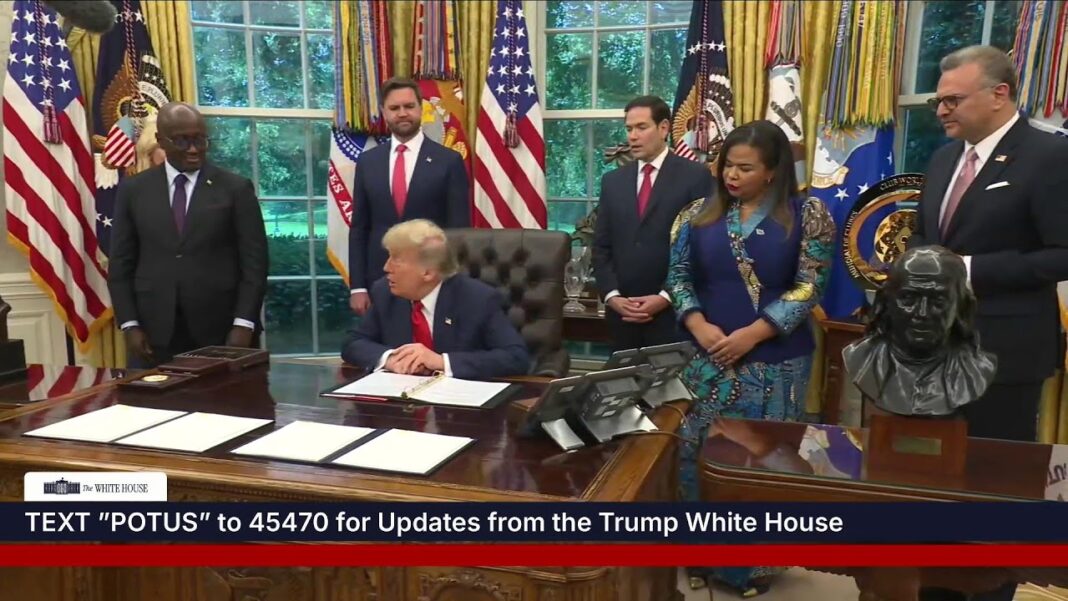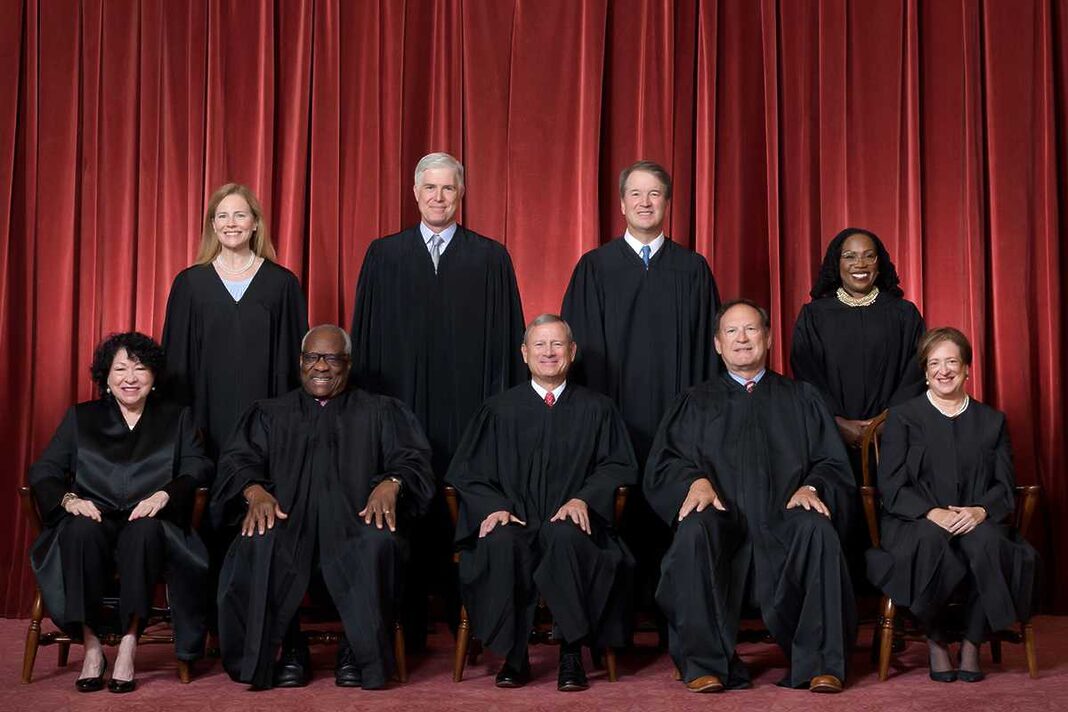‘The core value of democracy lies in achieving consensus despite differences,’ the Taiwanese president said.
News Analysis
Taiwanese President Lai Ching-te, also known as William Lai, has urged the people of Taiwan to unite in the face of escalating aggression and pressure from the Chinese Communist Party (CCP), warning that Beijing’s multi-pronged infiltration and coercion threaten not only Taiwan’s sovereignty but also the foundation of its democracy.
Lai began his nationwide speech tour called “Ten Lectures to Unite the Country” on June 22.
Speaking in Taoyuan on June 24, he emphasized that the people of Taiwan can no longer afford internal divisions amid growing threats from the Chinese regime.
“If you’re unwilling to oppose the CCP, you’re not truly defending Taiwan or the Republic of China,” he told the crowd of hundreds of youth, local supporters, and civic groups.
Lai’s nationalist Democratic Progressive Party (DPP) has positioned itself against the CCP and as a defender of Taiwanese sovereignty and identity. Despite winning the 2024 presidential election, the DPP lost Taiwan’s parliament, the Legislative Yuan, to the Kuomintang (KMT) and Taiwan People’s Party (TPP).
The KMT and TPP recently formed the so-called blue-white coalition to obstruct Lai’s agenda to bolster Taiwan’s defensive capabilities and strengthen its alliance with the United States.
In response, Taiwanese civic groups launched recall election campaigns targeting opposition lawmakers, primarily those from the KMT, who they claim are pro-CCP.
Lai’s tour was not aimed at supporting the July 26 recall election against 24 KMT legislators, but to encourage unity in standing up against the CCP and its political and social infiltration of Taiwan.
In his first lecture in New Taipei City, Lai reaffirmed that Taiwan is already a sovereign and independent nation that is “not subordinate to the People’s Republic of China,” and that its future must be decided solely by its 23 million people.
Lai’s speech in Taoyuan took that message further, emphasizing that unity is the cornerstone of Taiwan’s historical resilience and its greatest hope for the future.







